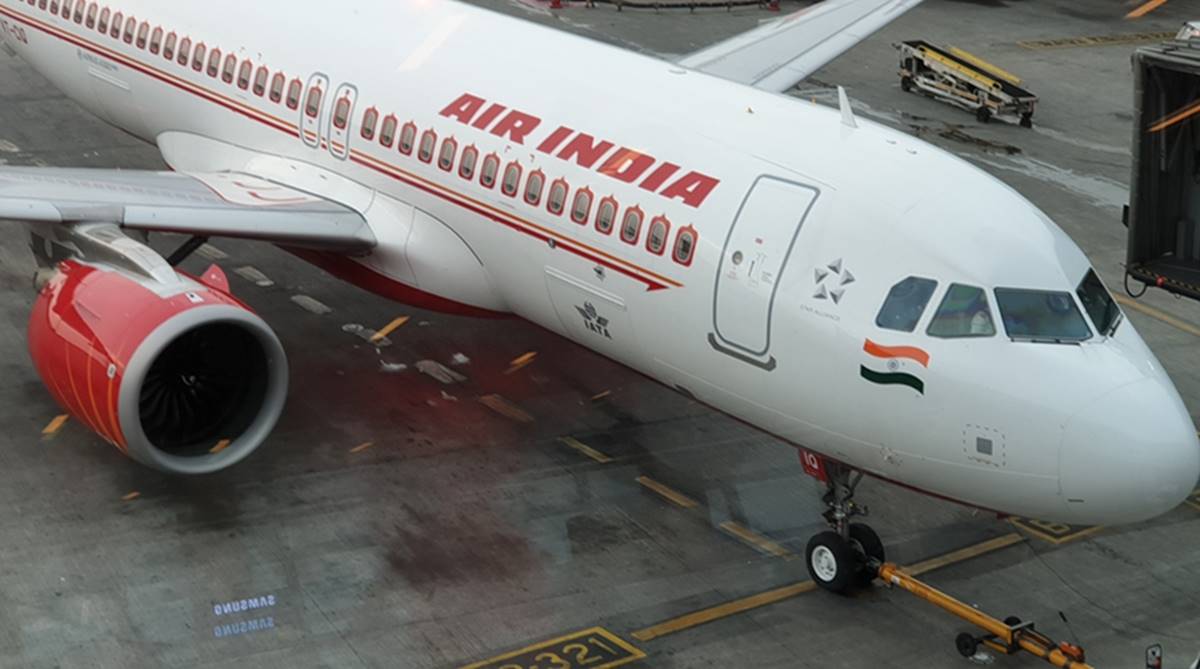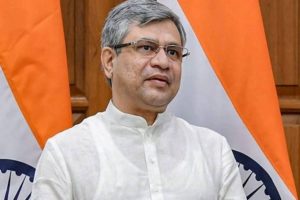The growth in the aviation sector has been low key in 2018. Weakening of the Indian rupee put a strain on airlines as the cost of the main input, air turbine fuel (ATF), soared. IndiGo which is the market leader in domestic aviation reported losses. Jet Airways has not been able to pay salaries owing to its financial condition.
The UDAN scheme, which was meant to revive unserved and underserved routes, has been unable to lift the spirits of the aviation leaders. While SpiceJet, IndiGo and Air Alliance (subsidiary of Air India) have gradually scaled up operations, smaller airlines are struggling. Air Odisha and Air Deccan did not even have the aircraft at the time of bidding. The government has cancelled a number of routes awarded to Air Odisha and Air Deccan in the first round of route bidding as they could not start operations despite show-cause notices. Air Odisha is facing problems in getting investors.
Advertisement
In the second round of bidding as the government increased the viability gap funding for the helicopter operators, many of them applied and secured flying rights.
But, the government has decided to put a brake on further rounds of bidding as on many of the routes that were awarded flight services have been irregular. This defeats the purpose of the regional connectivity scheme as it was meant to revive the unserved and underserved routes. Also, the government has not been forthcoming on how the scheme has actually fared. The government has refused to divulge any figure on the number of passengers who travelled under the scheme.
The debt-laden national carrier, Air India, has sought further equity infusion. A sum of Rs 27,000 crore from the public exchequer has already been infused in the cash-strapped carrier since 2012. The stiff opposition from the airline unions and a parliamentary standing committee report that the airlines should not be privatised seems to have put the strategic divestment of the airline on hold.
READ | Railways in 2018: Herculean missions, missed deadlines and project 2019
In view of the government being at the end of its tenure, it has decided to reign in airlines which have been fleecing passengers. An airline, according to the passenger charter, cannot charge any cancellation fee if the ticket is cancelled within 24 hours of booking. The charter says that the passenger will be compensated Rs 10,000 to Rs 20,000 for missing a connecting flight if the airline is responsible for it. Also, if there is a delay of beyond 24 hours, the airline has to provide accommodation to the passenger. But the charter has hardly been implemented. As all the airlines are facing a tough time footing the fuel bills, the government seems to have decided to give them a break.
In the meantime, the drone policy has been unveiled. The policy allows the government to penalise anybody who flies a drone without a licence. It allows drone flying for recreational purposes. But drone flying, according to the regulation, would not be permitted in some sensitive zones due to security reasons. Drone flying for commercial purposes as is done abroad has not been permitted in the policy. This includes using drones for ferrying people and patients. The government promises to bring new regulations to allow this also.
The government also launched the second version of Air Sewa, a platform meant for registering one’s grievances. In this version, the complainant can register his/her grievance on Twitter also using the hashtag Air Sewa.
Plans of biometric boarding or through facial recognition faced several hiccups as initially it was assumed that it would be done on the basis of Aadhaar card only. But when the Supreme Court ruled that a person has to agree to share the biometric data that is encoded in the Aadhaar card, the government had to backtrack. Only those who register for biometric boarding can avail the facility of facial recognition. The enrolment of those who want the biometric boarding is expected to start in another version of Air Sewa.
Biometric boarding has been introduced at a few airports, including Hyderabad and Bangalore on a trial basis. Facial recognition can be done through specialised equipment and also reduces the cost of deploying CISF personnel.











